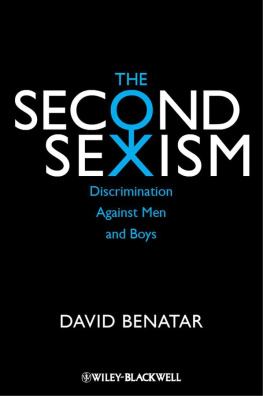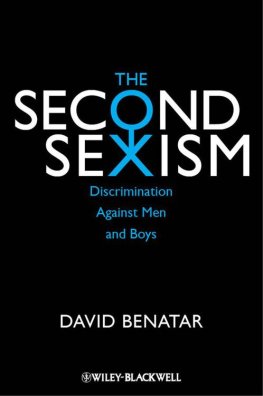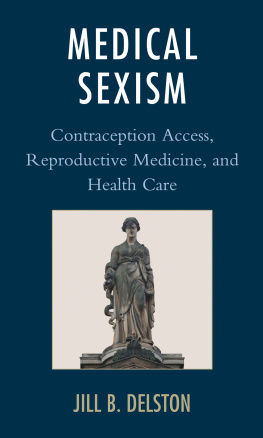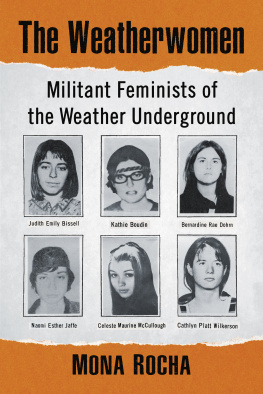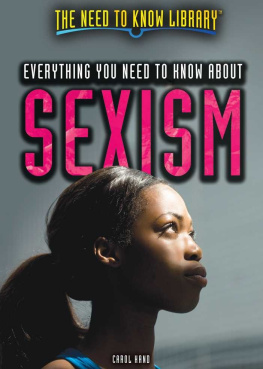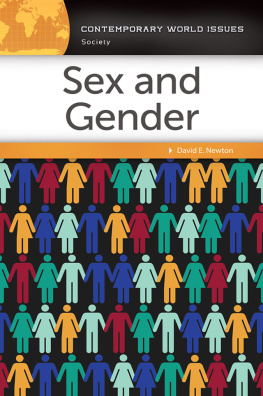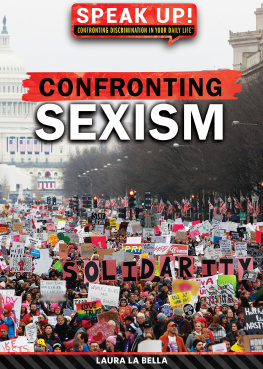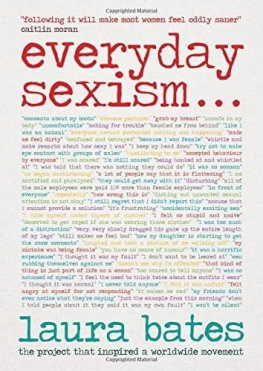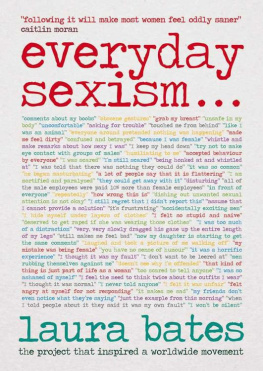David Benatar - The Second Sexism: Discrimination Against Men and Boys
Here you can read online David Benatar - The Second Sexism: Discrimination Against Men and Boys full text of the book (entire story) in english for free. Download pdf and epub, get meaning, cover and reviews about this ebook. City: Malden, year: 2012, publisher: MA, Wiley-Blackwell, genre: Romance novel. Description of the work, (preface) as well as reviews are available. Best literature library LitArk.com created for fans of good reading and offers a wide selection of genres:
Romance novel
Science fiction
Adventure
Detective
Science
History
Home and family
Prose
Art
Politics
Computer
Non-fiction
Religion
Business
Children
Humor
Choose a favorite category and find really read worthwhile books. Enjoy immersion in the world of imagination, feel the emotions of the characters or learn something new for yourself, make an fascinating discovery.
- Book:The Second Sexism: Discrimination Against Men and Boys
- Author:
- Publisher:MA, Wiley-Blackwell
- Genre:
- Year:2012
- City:Malden
- Rating:3 / 5
- Favourites:Add to favourites
- Your mark:
The Second Sexism: Discrimination Against Men and Boys: summary, description and annotation
We offer to read an annotation, description, summary or preface (depends on what the author of the book "The Second Sexism: Discrimination Against Men and Boys" wrote himself). If you haven't found the necessary information about the book — write in the comments, we will try to find it.
Does sexism against men exist? What it looks like and why we need to take it seriously
This book draws attention to the second sexism, where it exists, how it works and what it looks like, and responds to those who would deny that it exists. Challenging conventional ways of thinking, it examines controversial issues such as sex-based affirmative action, gender roles, and charges of anti-feminism. The book offers an academically rigorous argument in an accessible style, including the careful use of empirical data, and includes examples and engages in a discussion of how sex discrimination against men and boys also undermines the cause for female equality.
**
ReviewI recommend The Second Sexism to scholars who investigate gender relations, and I urge academic feminists to take Benatars thesis seriously and to respond to it with respect rather than with disbelief or derision. (American Philosophical Associations Newsletter on Feminism and Philosophy, 1 May 2013)
This book simply must be read . . . . Highly, highly recommended. (Mens News Daily, 4 January 2013)
The Second Sexismis well researched, with voluminous references. As such, it serves the useful function of raising consciousness about an important social issue. Benatars research makes a strong case for an in-depth examination of the injustices and discriminations that men suffer in this and other societies in the 21st century. (PsycINFO/PsycCRITIQUES, 21 November 2012)
The Second Sexism is a strong and early step on the way to the awareness, amelioration, and treatment of a widespread and unaddressed problem that affects a not insignificant portion of the human population. (New Male Studies Review 3, Jonathan Badialis, 26 September 2012)
Benatars analysis brings much needed clarity to contemporary debates in gender studies, whose discourse runs the risk of becoming stagnant and dogmatic against a constantly changing social backdrop. Benatar does well to remind us that it is not only females who are constrained and disadvantaged by the roles that they have been socially encouraged to take up. (New Male Studies Review 2, J.P. Messinas, 26 September 2012)
And now, thanks to Professor Benatar, we have an incisive, comprehensive discussion of the phenomenon that feminism has unwittingly brought to the forefront . . . The writing is jargon-free. As a philosopher, Professor Benatar is attentive to conceptual nuance and clear, precise usage. (New Male Studies Review 1, Miles Groths, 26 September 2012)
This is a very well-argued book that presents an unorthodox thesis and defends it ably. It would be a useful text in both undergraduate and graduate courses in philosophy and gender studies, where it is certain to arouse a lot of discussion, much of it excited. Since it is very clearly written, and would be interesting and accessible also to the educated layperson. Most importantly, however, it is likely to change our understanding of gender relations. (Metapsychology, 21 August 2012)
Review
With clarity and cogency, The Second Sexism presents the first sustained philosophical examination of systematic discrimination against men. This is not part of a backlash against feminism; it is part of the next crucial step toward the construction of social arrangements that are fairer, more humane, and less restrictive of individual freedom.
-Don Hubin, Ohio State University
This book is as courageous as it is brilliant and as honest as it is thought provoking. The issue is not whether women have been wronged, but whether the responses to the wrongs against women have often resulted in there being wrongs against men. In quite surprising ways, David Benatars book is a wonderful reminder of the tremendous importance of John Stuart Mills distinction between living truth and dead dogma; for it is not at all a conceptual truth that the dogma of sexual inequality has been replaced by and only by living truth with respect to equality for all. Benatar is absolutely masterfulnay, majesticin illustrating that reality.
- Laurence Thomas, Syracuse University
David Benatar once again enters the ethico-political debates of our time with his controversial argument about the neglected side of sexismwrongful discrimination against men. Justice is never a zero-sum game to Benatar, and his well argued and thoughtful book makes a compelling case for taking seriously mens hidden injuries if we are to genuinely build a better world.
-Daphne Patai, University of Massachusetts
David Benatar: author's other books
Who wrote The Second Sexism: Discrimination Against Men and Boys? Find out the surname, the name of the author of the book and a list of all author's works by series.

